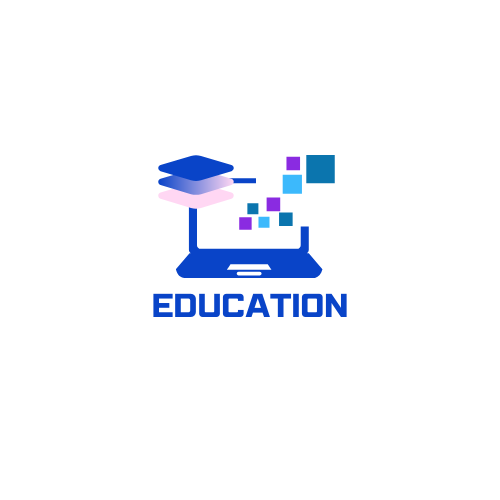Education is one of the most powerful tools for personal and societal transformation. It is the foundation upon which individuals build their future, communities thrive, and nations grow. Education provides the knowledge, skills, and critical thinking abilities necessary to navigate the complexities of the modern world. Beyond personal growth, it plays a central role in addressing social inequality, fostering economic development, and building a more inclusive society. As we continue to face global challenges, education remains a pivotal element in creating a brighter, more sustainable future for all.
At the personal level, education opens doors to opportunities. From childhood through adulthood, education equips individuals with the skills needed to pursue their passions, find stable employment, and live fulfilling lives. It enhances literacy and numeracy, along with cognitive skills such as problem-solving, creativity, and critical thinking. These abilities are crucial in today’s fast-paced, information-driven world. Education also empowers individuals to make informed decisions about their health, finances, and personal well-being. In this way, education not only serves as a pathway to economic independence but also improves the overall quality of life.
On a societal level, education plays a key role in reducing inequalities. Access to quality education is one of the most effective ways to break the cycle of poverty. When children are educated, they are more likely to lead productive, healthy lives and pass on these benefits to future generations. Education is particularly transformative for women and marginalized groups. Educating girls, for instance, leads to better health, economic outcomes, and increased civic participation. By ensuring that education is accessible to all, societies can reduce disparities based on gender, race, or socio-economic status, creating a more equitable world.
Furthermore, education drives economic growth and national development. A well-educated workforce is essential for innovation, productivity, and competitiveness. Countries that invest in education tend to experience higher levels of economic development, as their citizens possess the skills needed to contribute to a knowledge-based economy. Education also fosters entrepreneurship, helping individuals create businesses and job opportunities that contribute to broader economic expansion. As industries evolve and technology advances, education equips people with the skills to adapt to new challenges and opportunities, making it a vital component of long-term economic success.
In addition to economic and social benefits, education is a powerful tool for fostering global cooperation and peace. In an increasingly interconnected world, education promotes cross-cultural understanding and tolerance. By learning about different cultures, histories, and perspectives, individuals develop empathy and respect for diversity. Education empowers people to engage in meaningful dialogue, address global challenges such as climate change, and contribute to solutions that benefit humanity as a whole. In this way, education is crucial for building peaceful, collaborative societies.
Despite the many benefits of education, millions of people still lack access to quality schooling. Barriers such as poverty, conflict, and discrimination prevent many children from attending school or receiving a proper education. According to UNESCO, over 260 million children and youth are out of school, with many more attending underfunded or overcrowded institutions. Bridging this education gap is critical for creating a more just, prosperous world. Governments, NGOs, and communities must continue to work together to ensure that education is accessible to everyone, regardless of their background or circumstances.
In conclusion, education is the cornerstone of personal success, social equality, and economic development. It empowers individuals, fosters societal progress, and strengthens global cooperation. Investing in education is one of the most effective ways to tackle global challenges, improve quality of life, and build a more just and sustainable future. By ensuring that every person has access to quality education, we can unlock human potential and create a better world for generations to come.
